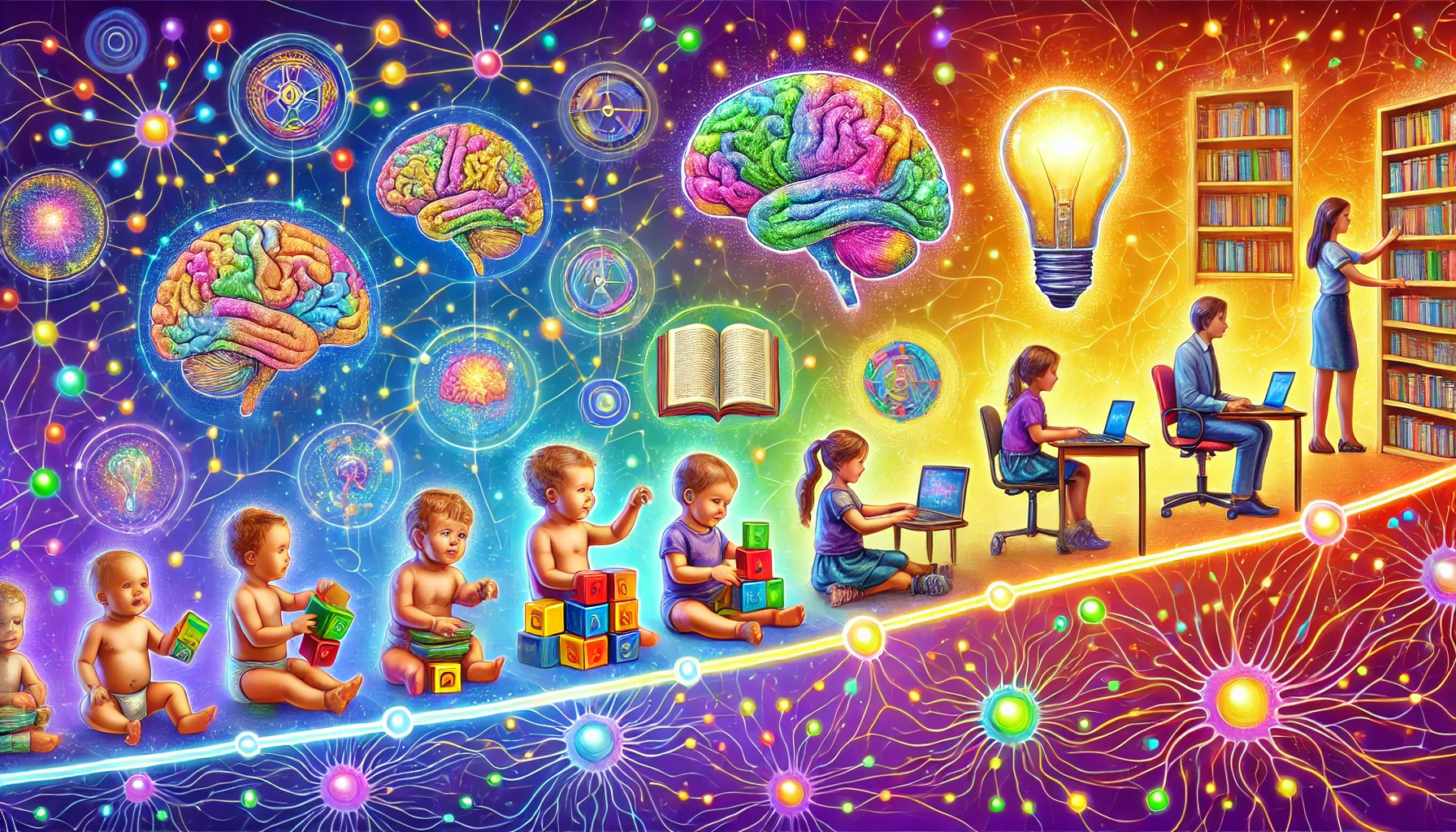Learning processes and memory effects across development
We learn and form memories based on our own experiences (experiential learning) and through observation of others’ behavior (observational learning). While experiential learning has often been assumed to lead to better memory than observational learning, the latter is especially relevant from a developmental perspective as it is central to cognitive and social-emotional development and provides the basis for successful education. Recent neuroscientific and computational studies suggest similar processes underlying memory formation during experiential and observational learning. Using a neurocomputational approach would help to understand the underlying mechanisms and thus could aid in answering the question of how both learning types affect subsequent memory. In this project, we investigate the neurocomputational processes underlying experiential vs. observational learning and their impact on memory across development by combining behavioral and neural measures (EEG) with computational modeling.
